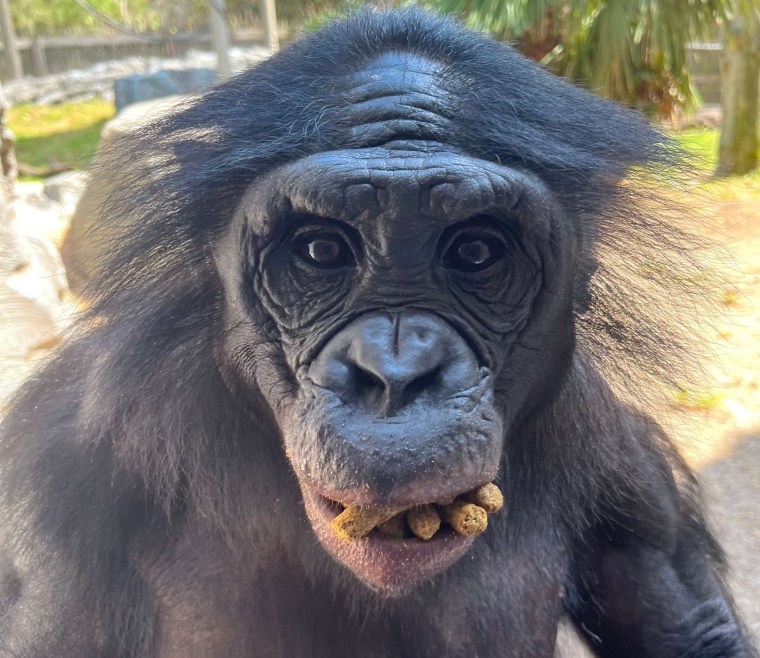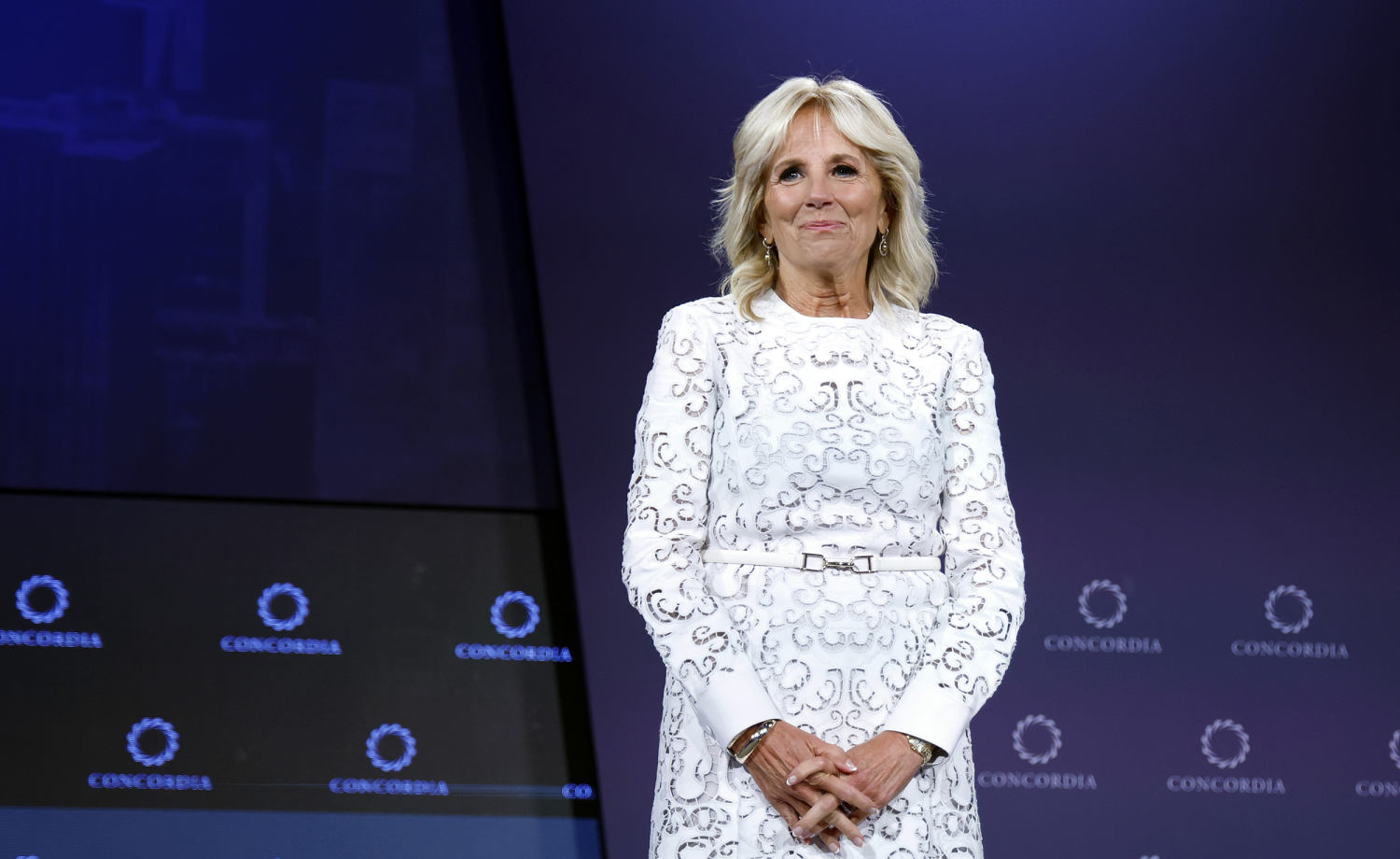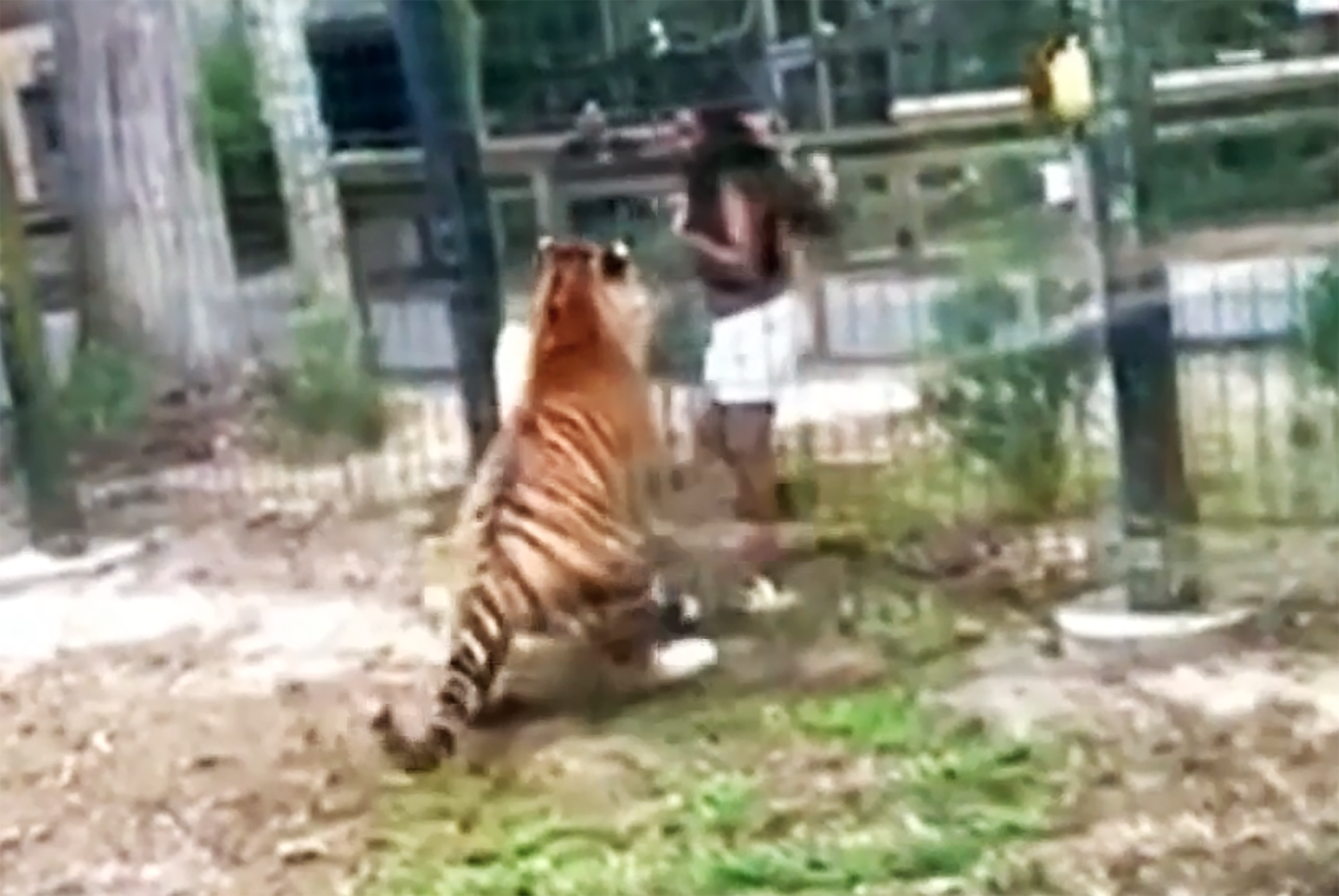Three apes who were living at the Jacksonville Zoo and Gardens died from a shigella infection in the last week, the zoo said on Facebook.
On Thursday, the zoo announced the "unexpected" death of 35-year-old Bulera, a female western lowland gorilla.
The zoo said Bulera died from shigella, a bacteria that causes shigellosis and causes symptoms like diarrhea, vomiting, cramps and dehydration.
The infection is usually spread through contact with feces, food or water, the zoo said, but noted while "we may never know the exact source" of Bulera's infection, it could have come from an asymptomatic ape or through a staff member, which the zoo said was "unlikely."
 Jenga was born at Jacksonville Zoo and Gardens in June 2011.Jacksonville Zoo and Gardens
Jenga was born at Jacksonville Zoo and Gardens in June 2011.Jacksonville Zoo and Gardens Shigella can be more severe in apes, the zoo said, because they might have a harder time fighting off the infection.
By the time Bulera died, other apes were experiencing symptoms because of shigella's highly contagious nature and were at "different stages of treatment and recovery," the zoo said.
Despite efforts to care for the sick apes and the use of "PPE and regular sanitation to prevent further spread," the zoo said two other apes, brother bonobo monkeys named Jumanji and Jenga, died Monday.
Both Jumanji and Jenga, born in 1996 and 2011, respectively, had existing heart conditions, which made them vulnerable to the infection, the zoo said.
The Jacksonville Zoo and Gardens acknowledged the difficulty of losing three primates in a week and said its staff is working to help the apes who are still sick recover from shigella.
"While many of the apes are at various stages of treatment and recovery, thanks to our team’s hard work and resilience, we’ve seen significant progress," the zoo said.
It noted that animal health and care teams continue to "closely monitor the situation" because shigella can have periods of improvement then relapse.
.png)
 3 weeks ago
16
3 weeks ago
16































 Bengali (BD) ·
Bengali (BD) ·  English (US) ·
English (US) ·